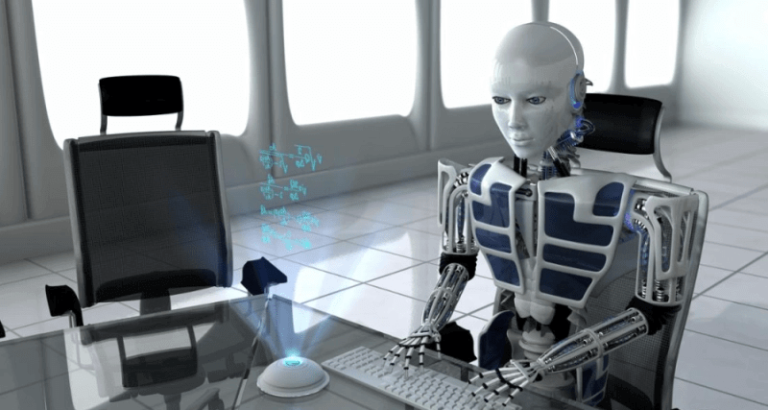The Future of Work: Embracing AI and Automation
The rapid advancement of artificial intelligence (AI) and automation technologies is reshaping the landscape of work and transforming traditional business operations. As businesses strive to stay competitive and innovative in the digital age, it is essential to understand the implications and opportunities that AI and automation present for the future of work.
One of the key concerns surrounding AI and automation is the potential impact on job roles and employment. While it is true that certain repetitive and mundane tasks may be automated, the widespread fear of mass job displacement is often exaggerated. Instead of replacing human workers, AI and automation technologies have the potential to augment human capabilities and lead to the creation of new job opportunities.
AI and automation can take over repetitive and time-consuming tasks, freeing up human workers to focus on higher-level strategic thinking, creativity, problem-solving, and innovation. By automating mundane tasks, businesses can enhance efficiency, productivity, and cost-effectiveness, enabling employees to engage in more meaningful and impactful work.
Moreover, the collaborative potential of human-AI partnerships is immense. Rather than viewing AI as a threat, businesses can embrace it as a powerful tool for enhancing human performance and decision-making. AI systems can process and analyze vast amounts of data, providing valuable insights and recommendations to support human decision-making processes. This combination of human expertise and AI-driven insights can lead to more informed and effective business strategies.
The future of work also demands a shift in the skill sets required for success. As certain job tasks become automated, there is a growing need for individuals to develop skills that are uniquely human. These include critical thinking, emotional intelligence, adaptability, creativity, and complex problem-solving. By investing in reskilling and upskilling programs, businesses can empower their workforce to thrive in an AI-driven economy.
Furthermore, AI and automation can open up new avenues for entrepreneurship and innovation. Small and medium-sized enterprises (SMEs) can leverage AI technologies to streamline processes, enhance customer experiences, and gain a competitive edge. The democratization of AI tools and resources allows businesses of all sizes to access and benefit from these technologies, fostering a more inclusive and dynamic business ecosystem.
To fully embrace the future of work, organizations must also address ethical considerations associated with AI and automation. Transparency, fairness, and accountability should be at the forefront of AI development and deployment. By ensuring that AI systems are unbiased, respectful of privacy, and designed to serve the common good, businesses can build trust with their employees, customers, and stakeholders.
In conclusion, the future of work lies in embracing AI and automation as tools to enhance human potential, rather than viewing them as replacements for human workers. By leveraging the capabilities of AI and automation, businesses can unlock new levels of efficiency, productivity, and innovation. Through reskilling and upskilling initiatives, organizations can empower their workforce to adapt and thrive in an AI-driven economy. By embracing the future of work, businesses can stay at the forefront of technological advancements and create a sustainable competitive advantage in the ever-evolving digital landscape.


